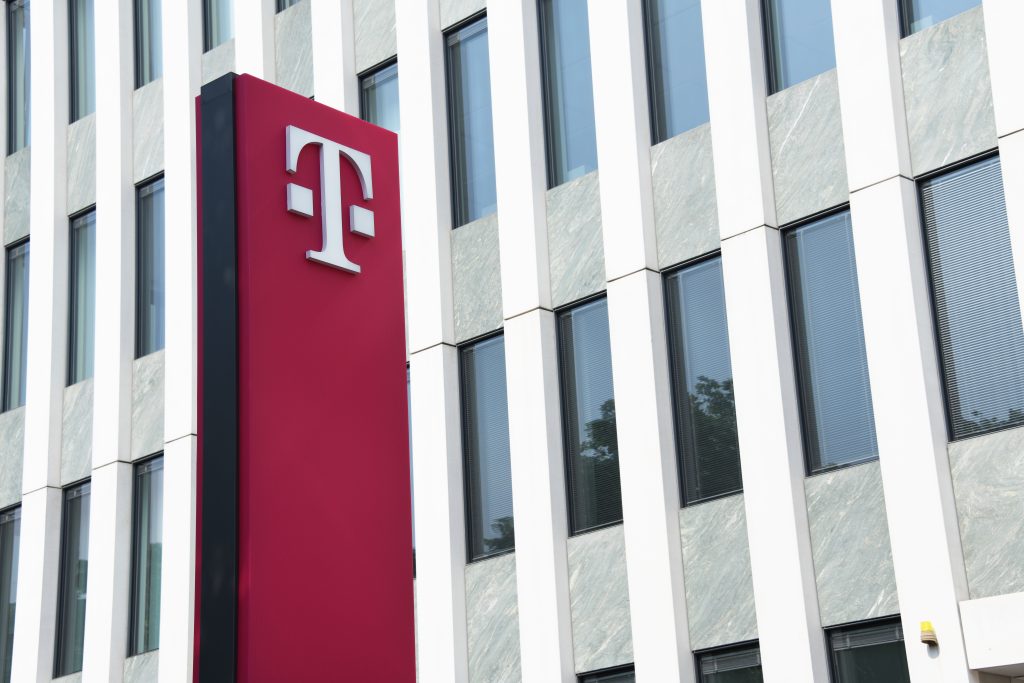
Nokia has been selected to replace Huawei at 3000 Deutsche Telekom sites across Germany, following a strategic re-entry for the Finnish telecom giant into Deutsche Telekom’s network, following a period of overhaul and enhancement of its 5G offerings.
Tommi Uitto, the President of Nokia’s mobile networks, confirmed the agreement, stating, “We won this flagship deal with Deutsche Telekom in Germany to replace some of their installed base with Huawei. It is 3,000 sites of replacement, plus then there would be new sites, in one part of the network in Germany.”
This deal not only signifies Nokia’s revival in the German market but also highlights the concerns surrounding Huawei, following intense scrutiny from US officials over security fears.
The backdrop to this strategic partnership includes Deutsche Telekom’s exploration of open RAN (Radio Access Network) technology as a means to diversify its network infrastructure and reduce dependency on traditional vendors like Huawei and Ericsson. Open RAN aims to foster interoperability and flexibility within the network, a vision that Deutsche Telekom has been experimenting with in Neubrandenburg, dubbed “O-RAN Town.” The telco’s commitment to open RAN was further emphasized in December when it announced plans to implement this technology across 3,000 sites, which now aligns with Nokia’s involvement.
Nokia’s selection as the key supplier for these sites underscores its competitive edge in the open RAN space, a technology that Huawei has notably distanced itself from. Huawei’s Chief Marketing Officer, Philip Song, during a press conference at Mobile World Congress, pointed out concerns regarding power efficiency and performance in open RAN architectures, emphasizing Huawei’s perceived technological superiority in traditional RAN components.
Despite these challenges, Nokia’s aggressive push into open RAN, backed by its recent market share gains, indicates a broader industry shift towards more open, interoperable network solutions. Uitto’s vision for Nokia’s future within Deutsche Telekom’s network is ambitious, hinting at further expansions and deeper integration into the telco’s infrastructure.
Deutsche Telekom’s technology and innovation board member, Claudia Nemat, highlighted the operational success of open RAN in their network, stating, “We are addressing a challenged ecosystem and we doubled down on O-RAN. As I speak, we have real customers live in a multivendor O-RAN environment.” This marks a tangible step towards diversifying the network ecosystem and reducing the dominance of traditional vendors.
The transition to Nokia’s equipment at Deutsche Telekom sites also reflects broader geopolitical and security concerns regarding Chinese technology providers. German officials have been contemplating restrictions on Huawei and ZTE, another Chinese telecom equipment provider, within the country’s 5G network infrastructure. A strategy paper from last September proposed a cap on the RAN managed by these vendors, illustrating the ongoing deliberations on ensuring network security and resilience.
This strategic shift by Deutsche Telekom, replacing Huawei with Nokia, is more than a mere vendor change; it represents a significant pivot towards open RAN technology, a move that could redefine the telecommunications infrastructure landscape not only in Germany but potentially across Europe.
Inside Telecom provides you with an extensive list of content covering all aspects of the tech industry. Keep an eye on our Tech sections to stay informed and up-to-date with our daily articles.